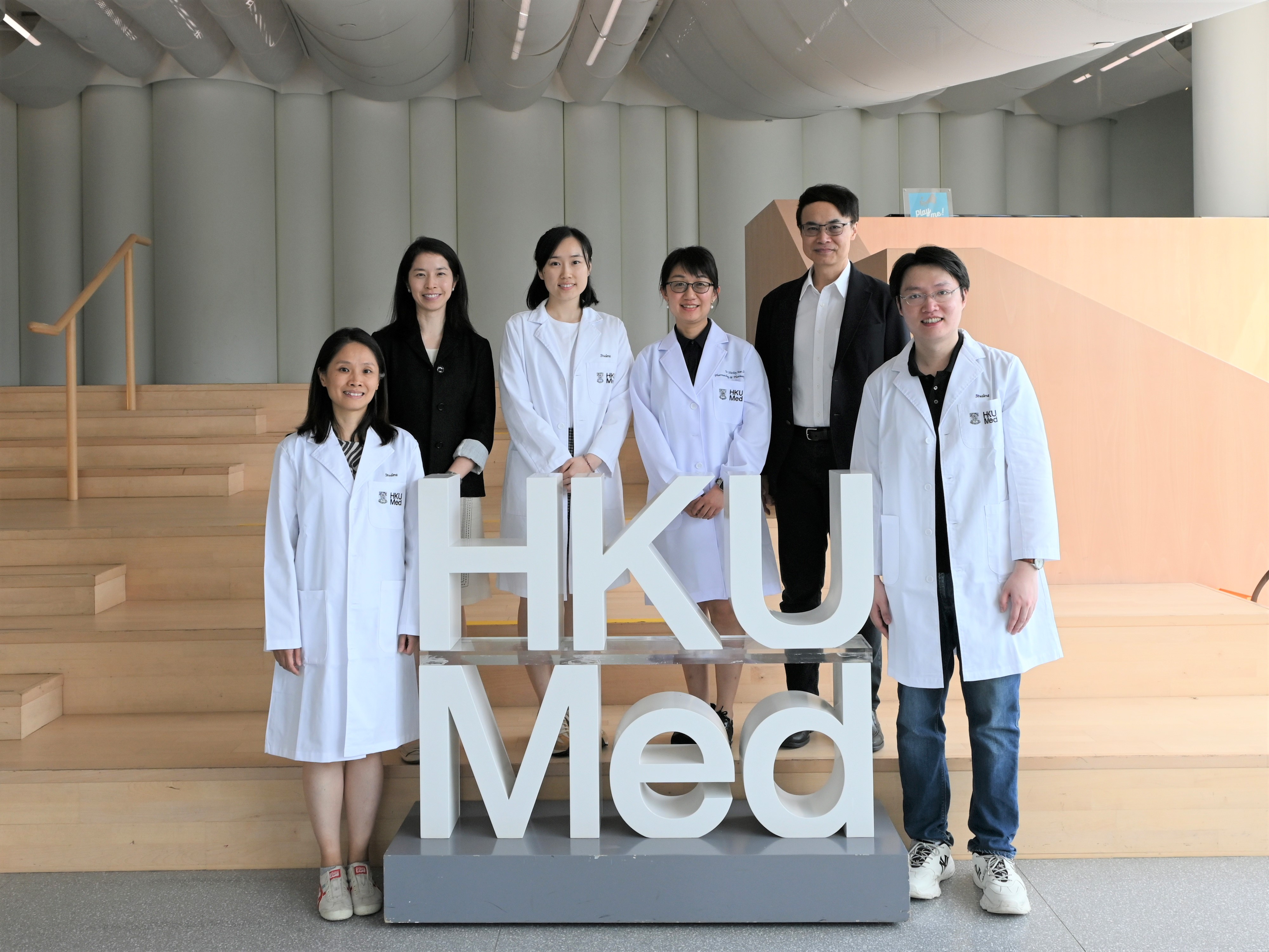04 November 2024
The first depression health economic modelling study, led by Professor Shirley Li Xue, from the LKS Faculty of Medicine, the University of Hong Kong (HKUMed), revealed that Hong Kong will face a significant and ongoing burden of depression from 2023 to 2032. While fewer than 20% of the cases are expected to develop treatment-resistant depression (TRD) or related comorbidities, this group is expected to account for close to half of depression-related medical costs in the city. Published in The Lancet Regional Health Western Pacific [link to the publication], the research highlights, under the circumstance of global socioeconomic change, alarming trends in mental health and calls for multi-disciplinary health and social support in Hong Kong.
Background
In the post-pandemic era, mental health issues have emerged as a global concern, and Hong Kong is no exception. In response, researchers from HKUMed developed a health economic model to forecast the costs of care and mortality related to depression from 2023 to 2032 to facilitate long-term resource planning and enhance readiness for growing mental health treatment needs.
Research methods and findings
The research team utilised territory-wide electronic medical records from the Hospital Authority to study a reference cohort of 25,190 patients diagnosed with depression between 2014 and 2016 and followed up for up to seven years until the end of 2020. This comprehensive real-world big data served as input parameters for a Markov-chain-based disease burden forecasting model, mapping patient journeys from the onset of depression to the development of treatment resistance, comorbidities and deaths.
In a ‘status quo’ scenario[1] , in which no new strategies or innovative treatments for depression are introduced, the model projected the following:
- Persistent burden of depression: Between 55,849 and 57,896 individuals are expected to live with depression annually through 2032, incurring over HK$2.51 billion in all-cause healthcare costs and HK$473.5 million specifically for psychiatric care. These costs are expected to remain stable over the next 10 years without new interventions (inflation not considered).
- Disproportionate burden in vulnerable groups: Though men are less likely to experience depression, they utilise more resources once diagnosed. Men aged 65 and above with past health issues face the highest individual healthcare costs and mortality risk, and adolescent patients incur the greatest psychiatric care expenses.
- Early intervention as a key driver of cost savings: Patients who have treatment failure of at least two trials of antidepressants are defined to have TRD. Fewer than 20% of patients experiencing depression are likely to develop TRD or associated comorbidities, but they represent 31% to 54% of total depression-related healthcare costs. It is therefore essential to provide timely patient support, given the immense burden associated with more severe stages, which are the greatest drivers of costs and life-year loss.
Significance of the study
‘This study provides vital insights and reference estimates for medium-long-term mental health resource planning in the city,’ said Professor Shirley Li Xue, Assistant Professor in both the Department of Medicine under the School of Clinical Medicine and the Department of Pharmacology and Pharmacy of HKUMed.
‘Policymakers should anticipate a persistent burden of depression and undertake budget planning for vulnerable groups, including adolescents and people living with medical conditions,’ said Professor Li. ‘Setting up early interventions targeting TRD is imperative for reducing healthcare costs. Our model can simulate various scenarios and predict changes in the cost burden if innovative medicines and new services are introduced.’
The research team is currently exploring several therapeutic areas, leveraging real-world data and simulation modelling to project the chronic disease burden and enhance early health system preparedness for long-term care needs in the city. ‘The findings highlight the urgent need for proactive mental health strategies, as Hong Kong faces a decade of heightened depression-related challenges,’ Professor Li added.
About the research team
The research was led by Professor Shirley Li Xie, Assistant Professor, Department of Medicine of the School of Clinical Medicine, and the Department of Pharmacology and Pharmacy, HKUMed. The first author was Dr Vivien Chan Kin-yi, from the Department of Pharmacology and Pharmacy, HKUMed. The research also involved collaborators from the Department of Social Work and Social Administration (HKU), the Department of Pharmacology and Pharmacy (HKUMed), and the School of Public Health (HKUMed). External collaborators included psychiatric researchers and health economists from The Chinese University of Hong Kong, the London School of Economics and Political Science, Newcastle University and Fudan University.
Acknowledgements
This study was supported by the Research Impact Fund of the Research Grants Council.
[1] A ‘status quo’ scenario means the expected future burden extrapolated based on current patterns of incidence, deaths, healthcare resource utilisation and population growth in the past decade. This scenario assumes no new or modified treatment strategies or innovative medicines introduced to manage depression in Hong Kong.
Media enquiries
Please contact LKS Faculty of Medicine of The University of Hong Kong by email (medmedia@hku.hk).


Follow HKUMed